What is an SQP?
A Suitably Qualified Person (SQP), also known as a Registered Animal Medicines Advisor (RAMA), is a legal category of professionally qualified animal medicines advisors who, under the Veterinary Medicines Regulations, are entitled to prescribe and supply certain veterinary medicines.
An SQP is registered to prescribe and supply POM-VPS and NFA-VPS veterinary medicines for species within their registration category. Completion of a VetSkill SQP Qualification leads to eligibility to join the VetSkill SQP Register, and providing the SQP is qualified, multiple SQP categories can be applied for.
SQPs work in organisations such as veterinary practices, pet shops, agricultural merchants and equine suppliers. View the list of SQP categories, species covered and CPD requirements here.
What medicines are SQPs able to prescribe and supply?
The veterinary medicines an SQP is entitled to prescribe and supply depends on the scope of the registration they hold. An SQP must ensure that the statutory requirements regarding the prescription and supply of these medicines are always respected.
This includes advising on the choice of medicine and their safe and effective use, irrespective of how the product is supplied, in accordance with the SQP Code of Practice.
The range of veterinary medicines available to SQPs fall within the following distribution classifications:
NFA-VPS (Non-Food Animal - Veterinarian, Pharmacist, SQP)
NFA-VPS medicines are only for use in non-food animals where they may be used routinely to prevent or limit the effects of endemic disease.
POM-VPS (Prescription Only Medicine - Veterinarian, Pharmacist, SQP)
POM-VPS medicines are mainly authorised for administration to farm animals and horses, and are used to reduce or prevent effects of endemic disease in herds, flocks or individual animals.
AVM-GSL (Authorised Veterinary Medicines General Sales List - Veterinarian, Pharmacist, SQP)
There are no legal restrictions on the retail supply of veterinary medicines classified as AVM-GSL, also known as ‘over-the-counter’ medicine.
More details on which medicines fall into which categories can be found on the VMD’s Product Information Database.
View our SQP fees here.
Registered Veterinary Nurses (RVNs) do not have any legal right to prescribe veterinary medicines, so many decide to become a Suitably Qualified Person (SQP). There are a multitude of benefits to becoming an SQP or having an SQP in your veterinary practice.
Why become an SQP?
Why you should qualify as an SQP
Broaden your career prospects
As an SQP, you’ll stand out to employers by showing you can work independently of a veterinary surgeon - broadening your job prospects and highlighting the value you bring to a practice. The demand for VPS medicines is also growing, so there has never been a more ideal time to make this career move.
Maximise your capability as an RVN
RVNs qualifying as SQPs gain greater capabilities in practice, able to do a wider range of tasks and make their own professional decisions.
Uncomplicated process
For RVNs wishing to gain SQP status, the process is simple. Qualified RVNs undertaking the VetSkill VTEC Level 4 Award for Animal Medicines Advisors (SQP - Companion Animal) will be eligible for exemptions from relevant parts of the qualification.
Widen your knowledge and experience
As an SQP, you will acquire a richer understanding of medicinal products and the importance of looking after them properly, and be more up to date with relevant legislation.
Why have an SQP in your veterinary practice
Provide additional support to your team
Having someone else available who can prescribe and supply medication will take the pressure off and free up time for the veterinary surgeon. For example, whilst an SQP cannot diagnose, they can still identify parasites and dispense ecto and endoparasiticides. This extra support can also have a positive impact on staff retention.
Improve access to effective products
Many veterinary medicines are being re-classified for SQPs to supply them. By having an SQP in your practice, these products become more readily available to the public, ultimately improving the care you provide.
Boost efficiency in practice
An SQP can also function as a designated person in charge of the dispensary who can monitor tidiness, stock control and implementation of protocols, therefore helping to reduce errors and prevent wastage. SQPs can make detailed standard operating procedures (SOPs) and keep records to assess which medicines sell and which don’t.
Achieve RCVS accreditation
If your practice is working towards becoming accredited by the Royal College of Veterinary Surgeons (RCVS), having at least one SQP in practice can help to gain points towards accreditation (RCVS, 2008) and meet the Practice Standards Scheme (PSS) criteria.
Non-veterinary working environments for SQPs
SQPs also have a valuable role to play in working environments outside of veterinary practice, such as retail premises. The nature of their role means that vendors can sell POM-VPS and NFA-VPS medicines, and SQPs can advise customers on the appropriate products to use in doing so, which is particularly useful for the sale of flea and worming products.












